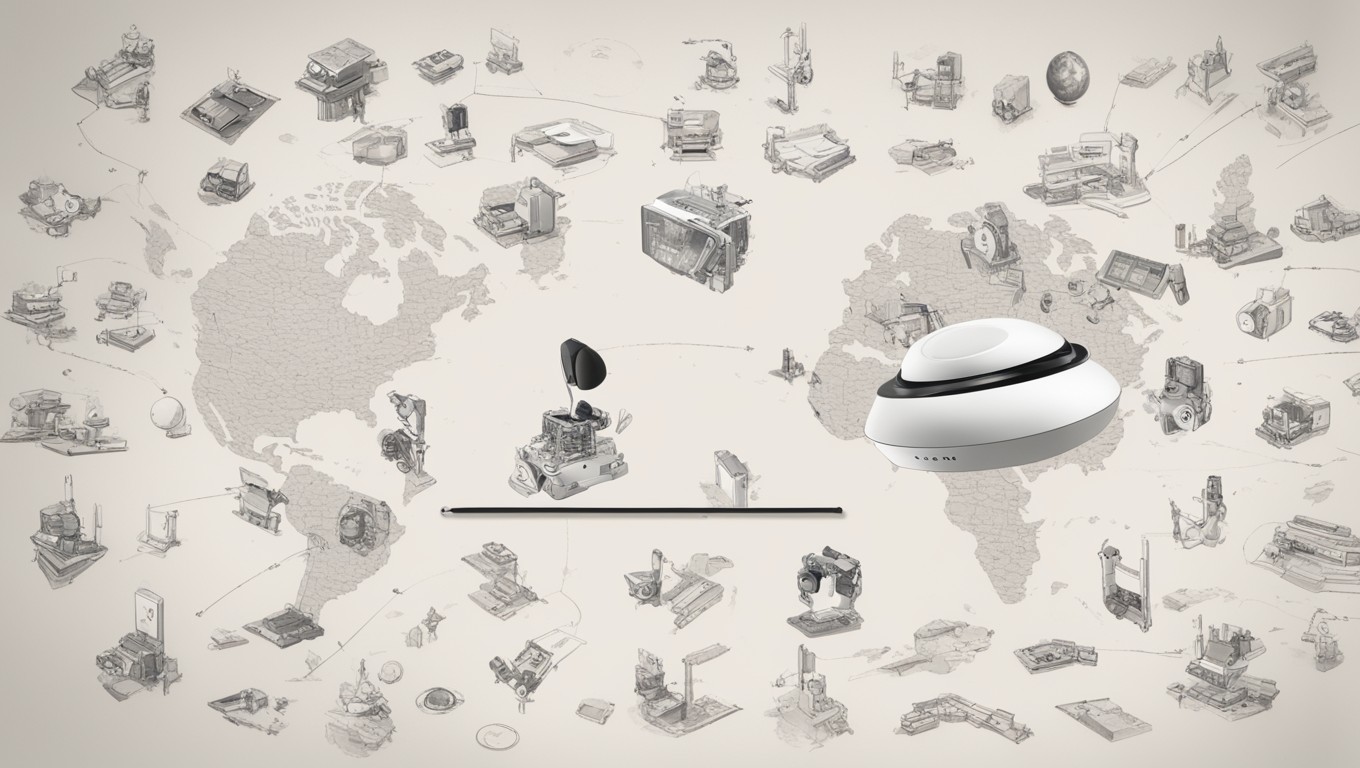Over the past week, the tech world has seen some significant developments with potential policy changes affecting Nvidia and Apple suppliers, Japan’s leap into the AI industrial revolution, and AMD’s strategic workforce cuts. These stories are shaping the landscape of the industry at a rapid pace.
For Nvidia and Apple suppliers such as Foxconn, Pegatron, and Quanta Computer, there is anticipation and preparation for a potential surge in U.S. investments. This comes as trade policy shifts loom under a potential second term for Donald Trump. These companies are bracing themselves for the impact these changes may have on their operations.
In a bid to become a global AI powerhouse, Nvidia and SoftBank Group have announced a partnership to establish Japan’s most powerful AI supercomputer. The collaboration, unveiled at the Nvidia AI Summit Japan, aims to leverage Nvidia’s advanced Blackwell platform. This move solidifies Japan’s commitment to embracing AI and furthering its presence in the field.
Meanwhile, Advanced Micro Devices (AMD) has decided to lay off approximately 4% of its global workforce, amounting to around 1,000 employees. This strategic workforce reduction is part of AMD’s shift towards AI chip development, a move aimed at competing with Nvidia in the data center chip market. AMD is positioning itself to take advantage of the growing demand for AI chips.
As Nvidia prepares to announce its third-quarter results, Morgan Stanley analyst Joseph Moore predicts significant revenue from Blackwell chips alone. Despite supply constraints on new products, Moore estimates that Blackwell chips could generate several billion dollars in revenue in the January quarter. This is a testament to the high expectations for Nvidia’s AI chips in the market.
However, not all news in the AI space is positive. The founders of venture capital firm Andreessen Horowitz have noted a plateau in artificial intelligence capabilities. They point to data shortages and computational limitations as the key barriers to progress. This observation echoes recent statements from Ilya Sutskever, co-founder of OpenAI and Safe Superintelligence (SSI), who acknowledged that traditional AI scaling approaches have reached a plateau.
In other news, large advertisers such as IBM and Disney have returned to Elon Musk’s X after a year-long boycott. This comeback showcases the resilience of Musk’s ventures and the continued interest from major industry players.
All of these stories paint a dynamic and evolving picture of the tech industry. From policy changes to strategic moves, the landscape is constantly shifting, and companies are adapting to seize opportunities and overcome challenges in the AI and tech sectors. As we move forward, it will be fascinating to see how these developments shape the future of the industry.





Use the share button below if you liked it.